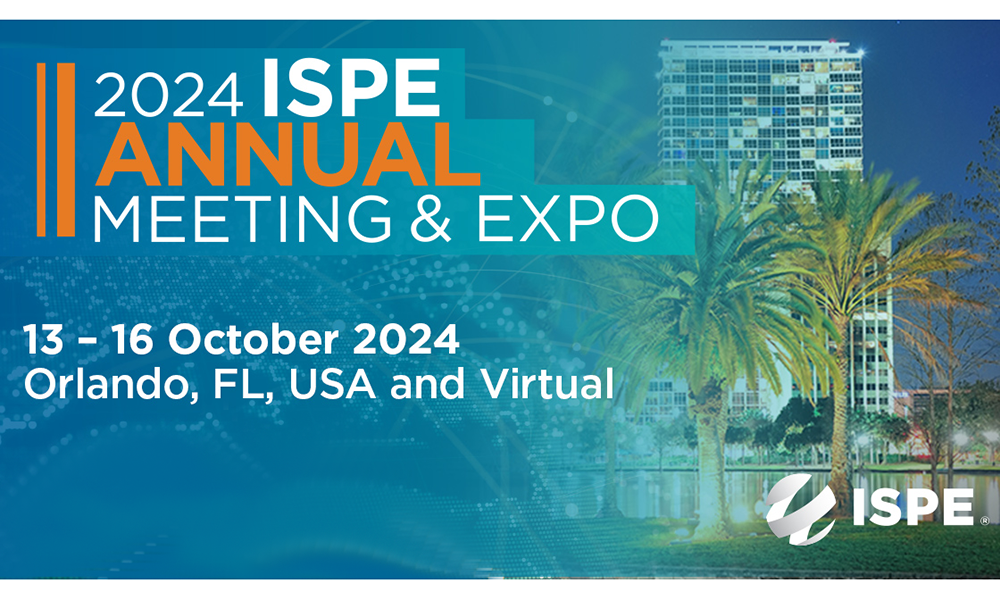The Culture Club: Be the Change – Part 1 of 4

We are The Culture Club, a self-formed cross-CoP group of individuals who came together to discuss the quality/validation challenges encountered as we transition into the digital world and identify ways to influence cultural changes needed within our industry to better enable innovation. This blog is the first in a 4 part series intended to explore how we can rethink the way we support and inspire one another as we reimagine quality and validation in a digital world.
Do you remember the iconic 1980’s cult classic film The Breakfast Club that explores pressures of fitting into social constructs and meeting expectations of others through the lens of high-school students. Five students, representing distinct cliques, all struggling to understand themselves and the world around them, spend a Saturday serving all-day detention with an assignment given to write a 1000-word essay about “who do you think you are?” The students eventually formed a bond after having a series of emotional experiences and moments of vulnerability, eventually changing the way they saw each other as well as themselves. By the end of the movie, they turned in a single essay with a summarizing statement of “You see us as you want to see us...in the simplest of terms, in the most convenient definitions, but we found out that is that each one of us is a brain, an athlete, a basket case, a princess, and a criminal, does that answer your question?”
In a parallel world decades later… It’s a sunny Monday morning, we all report to work coming from different walks of life with different expertise, but we have a common thread… we all want to be understood and we all want to assure patient safety and product quality. Regardless of whether you are a part of the Manufacturing, Sales, Quality, HR, IT (not intended to align with stereotypes above) or any organization we all ultimately have the same goal - fulfill a patient’s unmet need in a safe and efficacious way. Most of us agree we need to change and even want the change, but there is a muscle memory to what we do and there is an anticipation of going through the transformation. These feelings keep most of us from changing until it is absolutely necessary, stuck in this state of crying out for change but unwilling to change ourselves.
When we become experts, it becomes difficult to let go of that identity and become a novice again. Our careers have been spent refining skills (Excel anyone?) and we have created these mental maps that allow us to quickly react with precision. Within our roles (and safe boundaries) we have become refined and built our specific expertise to the point that it is part of our identities. Each person must choose transformation. Start by thanking yourself for becoming an expert and allowing yourself the freedom to learn and become a novice again. (We have seen Excel gurus become wizards in SharePoint lists and Power BI data mapping.)
Realize, Let Go, and Act
The turning point in The Breakfast Club was when Bender (the criminal) becomes vulnerable and tells the rest of the students about a horrific home life experience. Through his emotional monologue they all realize that his tough exterior is just a way he’s learned to deal with his current scenario, they let go of the preconceived determination of who they think he is, and they act towards him in a more real, human way.
Back to work - what does this look like for you? For many of us, our jobs are some of the strongest habits we have and most tied to our identity of who we are. Think back to the last validation plan or PowerPoint that you created and how much it looks like the version before that or the template it was created from? You probably just took the last one, made a copy, and are editing for the specific project name, change request name, or system name that you’re working on…This is good because it creates standardization but bad because it also applies a fixed mindset.
Now try to imagine it completely differently. What would it look like? How would you interact with it? Where would you start? What are the details of the data that you would want to see? (If you end up imagining the template you currently work with, don't worry we all do that at first - imagination is a muscle just like everything else, you need to strengthen it).
Act
This is hard. Most of us will ridicule paper on glass but when asked to reimagine, we would give similar results because we are trying to translate into a new language, the digital language. Naturally, we take the project, the approach, the workflow and just convert it one for one, like we do with google translate.
Take a second to think about this - we can now genetically modify a pig heart for human implant, but we can’t get out of paper for validation…?! Just as with language, translating our habits and expert knowledge requires initiative, practice, and immersion for full learning. So let’s dive into some real questions and start working out those creative muscles here and now… (answers may vary depending on where in the industry you work: CRO, biotech, big Pharma, medical devices, etc.)
- What does it mean to take something from paper and make it digital (not just paper on glass)?
- What does it look like to stop translating exactly what you’re used to doing in the paper world into what you do in the digital world? Example - learning a new language. You first start by translating word for word and it’s clunky and slow and isn’t comfortable. Then at some point you start thinking in the new language and you become more efficient (many have said you officially are fluent when you dream in the language)
- What does it look like to demonstrate compliance with digital data vs documents?
A few key steps
- Talk the talk before you walk the walk. Start now with little things so you will be ready when that Computer Software Assurance guidance comes (many hold off for external factors and that is just waiting for that tsunami wave)
- Be the change. It is happening. The words “4.0”, “digital transformation”, etc… are commonplace now across almost all industries. It’s already in your home, your car, on your handheld device. The change is infiltrating regulated industries. The time is now! (In case you were waiting to be told - there it is)
- Start to apply a few key concepts to your daily work. Get back to basics because relearning is a slow process when you start. Understand the intention/objective of requirements. Recognize that validation is about demonstrating control of the important things and making sure it can continue to tell that story of what was done, by who, and when! (If stories needed to stay physical - Amazon wouldn’t be what it is today, we don't want to see you as a Barnes & Noble example in 5 years)
What should I Do Now?
Stop using desktop applications like Outlook and use your web version (this is something you can literally do right now if you use Office 365). Get used to remapping your brain working in new ways because if you can't handle outlook changing, how will you be ready for validation to change? Laugh at yourself as you try to navigate and jump around (honestly sometimes we do things and just wonder why we did it - it happens, be happy you are learning), and take stock of the great features that are not actually available in the app (attachments on the web version - much easier) because now updating the app is much more difficult than rolling out the web update (no install required which means it won’t take the IT team one to 37 weeks to get it to you - we kid …. Kind of…).
Join The Culture Club. Embrace the change, enjoy it with us, and add your experience to the transformation. Choose the change.
As we stated in the beginning - this is just a first in a series. It is the beginning, an introduction, a warmup… Make little changes today for ongoing culture shifts. Start this practice now so that it becomes routine; routine to question the status quo, routine to identify the objective of your actions, and routine to think digitally and reimagine how we use all this data! We will take deeper dives in the upcoming episodes.
Until next time friends
The Culture Club: Transparency – Part 2
The Culture Club: Upskilling - A Skill of Survival – Part 3
The Culture Club: Wrapping it up - Part 4 of 4
-The Culture Club1
iSpeak Blog posts provide an opportunity for the dissemination of ideas and opinions on topics impacting the pharmaceutical industry. Ideas and opinions expressed in iSpeak Blog posts are those of the author(s) and publication thereof does not imply endorsement by ISPE.






